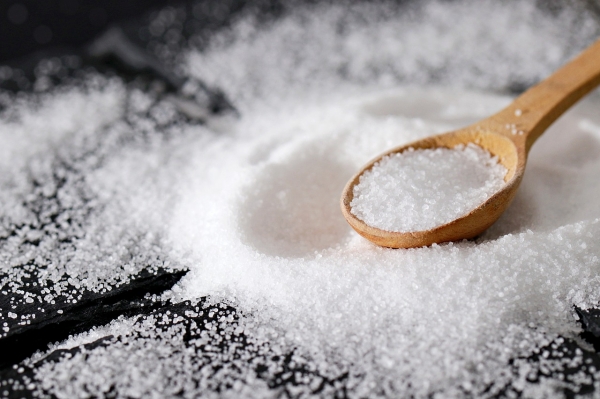Salt batteries can store summer heat to be used in winter, but which salt works best for the purpose?
Salt batteries can store summer heat to be used in winter, but which salt works best for the purpose? On 19 December, Lian Blijlevens will defend her PhD thesis on her research into salt for heat storage at Radboud University.
Although a growing number of roofs sport solar panels, these panels only convert light from the sun into electricity. The solar panels themselves are also heated by the sun, but this heat is now being lost. Blijlevens: “The heat can be extracted by a solar boiler and used to heat your house or shower. However, in summer you always generate more solar heat than you use, and in winter you have less. So what we need is a way to preserve that heat.
Salt Battery
Storing the summer heat for use in winter is a challenge, however. And the solution might take an unexpected form: salt. Not the salt you sprinkle over your egg, but another type of salt, such as strontium chloride. “A salt battery contains salt hydrates, which are salts with water in the crystals. The battery recharges by heating the salt, which causes the water to go out of the crystals. When you need the heat, you add water vapour to the crystals and the heat is released again.” This was already known, but what was not yet known is which salts are really suitable for use in homes. Blijlevens and her colleagues from Eindhoven University of Technology assessed hundreds of salts on availability, safety, and compactness. The dozen or so salts that made it through the initial assessment were then tested in the lab for recyclability. The researcher: “You don't want to have to replace the salt every year.”
Read more at Radboud University Nijmegen
Photo Credit: mkupiec7 via Pixabay




